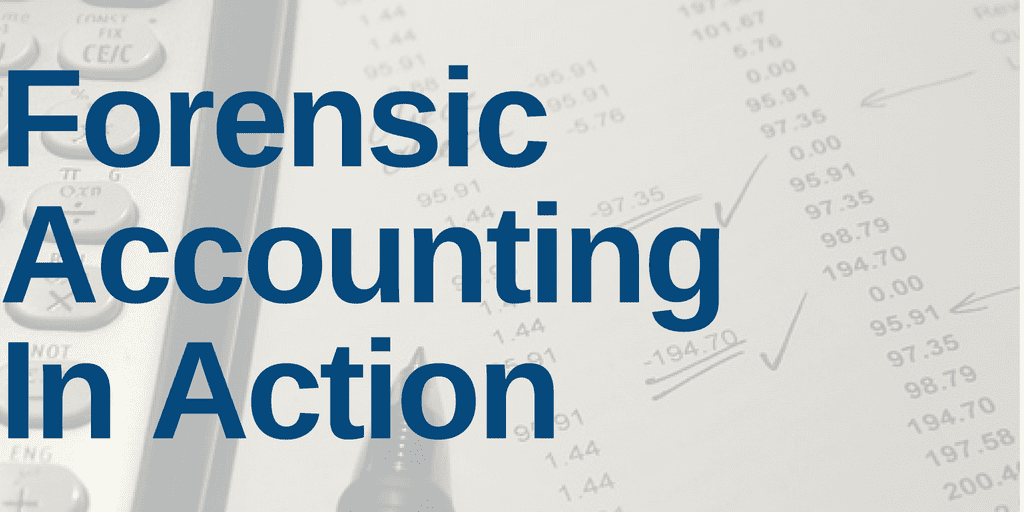For March 8, our forensic accounting needle in a haystack comes from a travel website that left some expenses out of its initial earnings report.
Analyst Hunter Anderson found an unusual item in Trivago’s (TRVG) 2018 20-F, the international equivalent of a 10-K.
On page 6, TRVG discloses that its selling and marketing expense for the year includes 1 million Euros (~$1.1 million) that was not initially included in its unaudited fourth quarter results released on February 6. The company does not explain why these costs were not included in the original, unaudited results.
The inclusion of these costs led to TRVG’s reported operating loss increasing from €18.2 million in its press release to €19.2 million in its 20-F, a 6% change. Investors who rely on the initial reported results before analyzing the audited financials risk making decisions based on misleading data.
Investors need to focus on “The Real Earnings Season”, when audited 10-Ks are filed, to faithfully evaluate corporate performance. Press releases are unaudited and offer inadequate information to asses economic earnings.
We’ve been bearish on Trivago since its IPO, and this unreliable accounting only gives us more conviction that investors should avoid this stock. TRVG is down more than 50% from its IPO price, and the stock continues to earn our Unattractive rating.
The Power of the Robo-Analyst
We analyzed 72 10-K filings yesterday, from which our Robo-Analyst[1] technology collected 4,768 data points. Our analyst team used this data to make 1,165 forensic accounting adjustments with a dollar value of $552 billion. The adjustments were applied as follows:
- 496 income statement adjustments with a total value of $32 billion
- 479 balance sheet adjustments with a total value of $240 billion
- 190 valuation adjustments with a total value of $280 billion
We believe this research is necessary to fulfill the Fiduciary Duty of Care. Ernst & Young’s white paper, “Getting ROIC Right”, demonstrates how these adjustments contribute to meaningfully superior models and metrics.
This article originally published on March 8, 2019.
Disclosure: David Trainer, Hunter Anderson, and Sam McBride receive no compensation to write about any specific stock, sector, style, or theme.
Follow us on Twitter (#filingseasonfinds), Facebook, LinkedIn, and StockTwits for real-time alerts on all our research.
[1] Harvard Business School features the powerful impact of our research automation technology in the case New Constructs: Disrupting Fundamental Analysis with Robo-Analysts.
